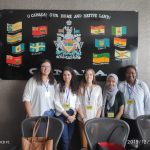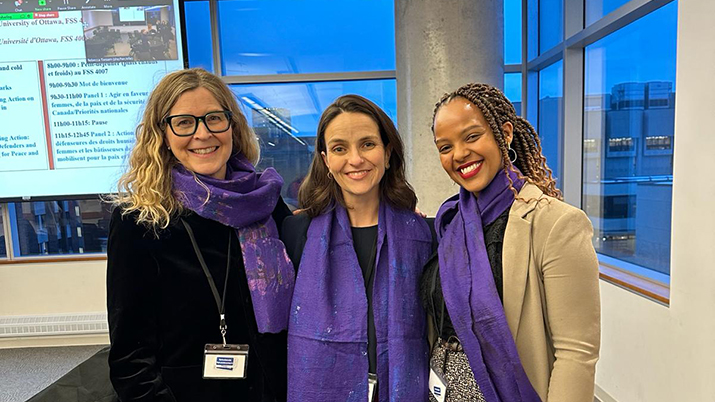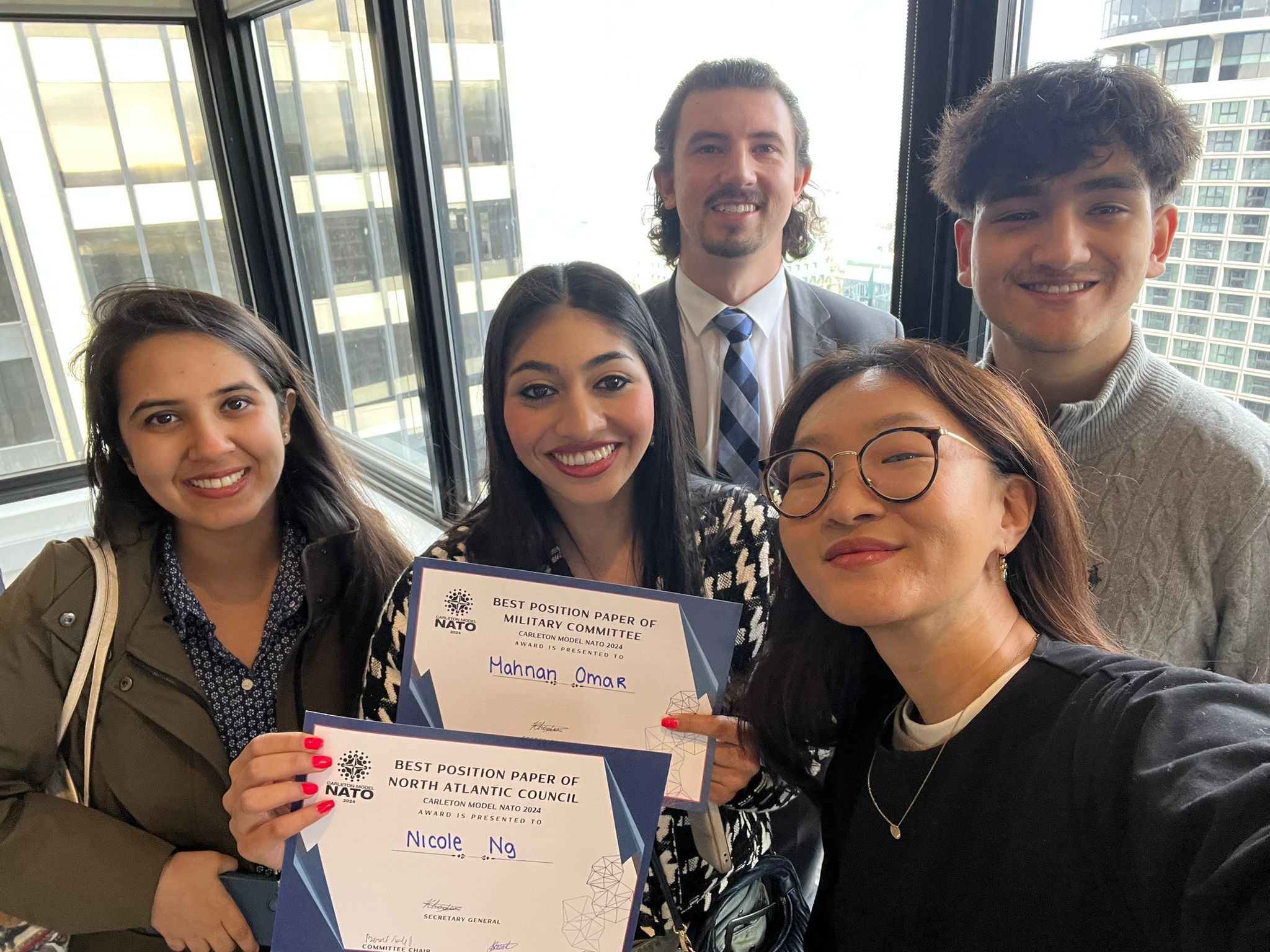The fieldwork component for the 2019-2020 Global Policy Projects has now been completed by five UBC Master of Public Policy and Global Affairs (MPPGA) students who completed their fieldwork in the ASEAN region throughout December 2019.
Find below a reflection from students who travelled to Singapore, Ho Chi Minh, and Jakarta to analyze the role mobility plays as a key barrier to economic integration between Canada and the ASEAN region.
Project Client: Canada-ASEAN Business Council
Team Members: Alessia Rodríguez Di Eugenio | Anam Imtiaz Elahi | Hadir Ali | Somi (Somkenechukwu) Ajagu-Amamgbo | Zeynya Alemayehu
MPPGA students working with their client Canada-ASEAN Business Council (CABC) conducted in-depth field research with businesses, government officials, and Canadian Chambers in Singapore, Ho Chi Minh, and Jakarta. The research focuses on understanding the barriers to economic integration between Canada and the ASEAN region, for which the Global Policy Project group is analyzing the role of mobility as one of the key challenges faced by businesses.
Diversification and trade with emerging markets has growing importance for Canada; ASEAN, as the sixth largest economy of the world, holds great potential. The students met a range of businesses from small and mid-size enterprises (SMEs) to large corporations, and analyzed how businesses use resources differently and how it varies across sectors and the nature of the business.
Through their meetings and travels across South East Asia, the students were fascinated by the different cultural aspects and how they intertwine with attitudes towards conducting business. Even though it is considered as a singular ASEAN region, all ten countries present very diverse cultures and traditions, which also vary across each country, from languages spoken to food and customs.
The MPPGA student team aim to present a research report in the coming months which could be helpful in bridging the gap between ASEAN member countries and Canada. There are various challenges that affect multilateral trade, and quantifying them could be the first step in helping overcome them.








